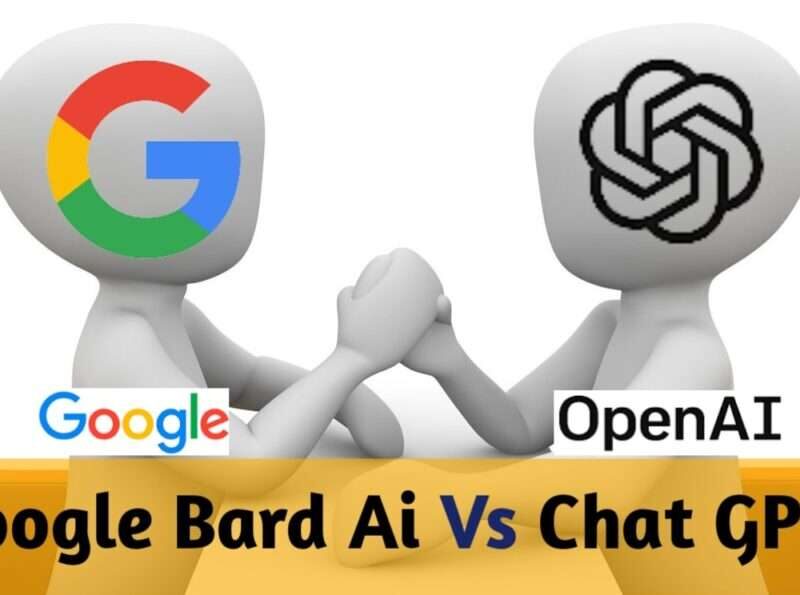
Artificial Intelligence: Friend or Foe for Businesses
We are living in a century where technology is evolving at a rapid rate. From simplifying household chores to even improving our longevity, technology plays a crucial role in our lives on an enormous scale.
The next big step for technology is artificial intelligence, and while it is more prevalent than ever, there’s still a long way to go before our lives become entirely automated as many science fiction works have projected.
This is certainly a daunting prospect, but for many industries, widespread artificial intelligence could serve as an opportunity for substantial business growth and ground-breaking innovation.

Needless to say, many industries will benefit more than others. Read on to find out how artificial intelligence is already grabbing a hold on a wide scope of industries, and what the future may hold for them.

Gaming
Many games widely utilize AI to create an adaptive and responsive gaming experience. If you’re a video gamer yourself, it’s likely that you already own something with AI-powered technology in it. These AI features are manifested through non-playable characters, or NPCs, who engage with the player and the world around them as though being controlled by a human.
We’ve got digital AI, but will it ever be possible to create a game that’s even more immersive? Well, speculation is already underway. The future of the gaming industry is heading towards more personalized experiences, with endless combinations of scenarios, landscapes, and levels through more sophisticated AI possibilities.
There are also predictions that video game characters will be able to self-learn from their actions and evolve, a concept that was explored in the 2021 Hollywood film Free Guy.

Health
The healthcare industry is another key market being reshaped by artificial intelligence. AI is now used for self-service, to contribute to medical research, for scanning health records, and even detecting diseases.
In the not-so-distant future, it’s hoped that AI will be able to take care of a number of tasks such as answering the phone and even talking to patients to provide professional support.
Advanced robotics has the potential to transform end-of-life care, enabling patients to remain independent for longer and reducing hospitalization and the need for care homes.

Similarly, the wellness industry has embraced AI in a number of its products with a focus on personalization. Some of these include health monitoring apps, wearable fitness trackers, smart gym equipment, and even artificially intelligent vaping devices, a fast-growing market that is constantly evolving.

Education
The education industry is one of the most successful sectors with AI, and undoubtedly one of the most important. Some real-world examples of AI in educational environments include task automation, personalized learning through adaptive learning software, and support outside of the classroom through online AI tutors and chatbots.
Many global classrooms have also introduced presentation translators which provide subtitles in real-time for those who may have visual or auditory impairments. Luckily, there’s no evidence to suggest that robots will eventually take over teaching roles.
A more realistic outcome would be a future in which AI acts as an assistant for teachers. However, researchers anticipate that AI will greatly impact the future of education for the better, with digital customized textbooks one such prediction.

Human Resources
Artificial intelligence enables businesses to make quicker decisions, with Human Resource departments particularly integral to this.
When it comes to administrative tasks, AI software can be an extremely effective tool. AI software can proficiently scan, read and analyze forms, freeing up time for employees and allowing them to focus on more pressing tasks, which can save businesses more money over time. These tools can also help businesses keep track of important contact details and other legal documents.
It’s predicted that these AI tools will only continue to advance, providing new ways to analyze data and even interview candidates.

Marketing
The world of online shopping has progressed at full speed over the last few decades, and retail businesses are utilizing artificial intelligence as a powerful tool in further generating their e-commerce sales.
Using AI-driven analytics, businesses are able to predict what consumers may be looking for based on their previous interactions with other products and their shopping history. AI enables businesses to optimize their sales strategies, push customer engagement, and best assess how to re-target potential customers.
Many companies now use chatbots to provide real-time online customer support for hundreds and even thousands of customers, from locating products to completing purchases. Many would argue that the future of marketing is already here, however, there is certainly still room for even smarter tools!

Author bio:
Jennifer Williams is a Staffordshire-based copywriter with notable expertise in the travel, fitness, and well-being sectors. While studying English and Journalism at Coventry University, she worked as a freelance copywriter for a variety of different industries and niches.










